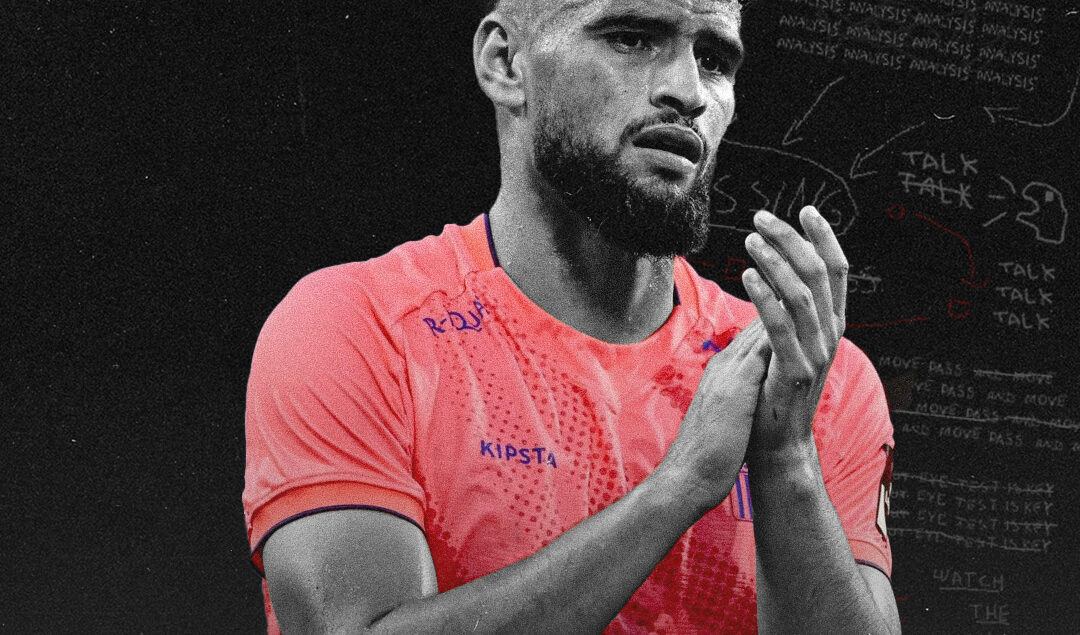We Tried Poker Cash Games vs Sports Betting for 365 Days—Here’s What We Learned
For one year, we ran a controlled experiment to determine whether poker cash games or sports betting could yield higher profitability. Both are games of skill, but each comes with unique challenges and opportunities. Our goal was to simulate real-world scenarios as closely as possible, considering practical constraints and typical player behavior.
Here’s how we conducted the study and what the data revealed about profitability, variance, and the effort required for each.
How We Conducted the Study
We approached this experiment with the aim of reflecting realistic conditions for semi-serious players, not full-time professionals. Here’s how we set up the study:
Player Profiles
- Poker: A participant with intermediate-level skill, accustomed to online cash games at stakes of $0.50/$1. This player’s edge came from a solid grasp of fundamentals but without advanced solver-driven strategy.
- Sports Betting: A participant with knowledge of key sports leagues (NFL, NBA, and EPL) who relied on a mix of personal research and line shopping, but no professional-grade models.
Bankroll and Limits
- Starting Bankroll: $5,000 for each discipline.
- Poker: A 20-buy-in rule was applied (maximum buy-in per session: $50) as we’ve learned from this site. Bankroll management followed a conservative approach to mitigate risk.
- Sports Betting: Bet sizes ranged from 1-3% of the bankroll per wager, focusing primarily on single bets with occasional two-leg parlays.
Volume and Effort
- Poker: The participant played three 3-hour sessions per week, totaling 9 hours weekly.
- Sports Betting: Time spent on research, line shopping, and bet placement amounted to approximately 5 hours per week, with 10-15 bets placed weekly.
Tracking and Metrics
We logged every session and wager to track:
- Total profit/loss over the year.
- Return on Investment (ROI).
- Variance and bankroll swings.
- Hourly profitability.
The Results: Poker vs. Sports Betting
Profitability
- Poker Cash Games:
- Net Profit: $4,820 (ROI: 96.4%).
- Average Hourly Profit: $10.70.
- Consistent profits were generated by exploiting weaker opponents and staying disciplined during downswings.
- Sports Betting:
- Net Profit: $1,840 (ROI: 36.8%).
- Average Hourly Profit: $7.40.
- Most profits came from single bets, while parlays were a significant drag on ROI.
Key Takeaway: Poker was nearly 2.5 times more profitable than sports betting over the year, largely due to the skill edge against weaker opponents in poker cash games.
Variance
- Poker:
Variance was moderate but manageable. The largest downswing was 15% of the bankroll ($750), and recovery typically happened within 3-4 sessions. A steady win rate of 4.8 big blinds per 100 hands helped smooth out short-term fluctuations. - Sports Betting:
Variance was significantly higher, with two losing streaks that exceeded 10 bets. These swings wiped out gains from earlier weeks, and the overall profit curve was much more erratic compared to poker.
Key Takeaway: Poker’s higher volume (thousands of hands vs. weekly sports bets) helped stabilize results, whereas sports betting was more vulnerable to variance.
Effort vs. Reward
- Poker:
While poker required more hours of active play (about 36 hours per month), the hourly profit was higher at $10.70. The learning curve was also steeper, as maintaining an edge required constant adaptation to opponent tendencies. - Sports Betting:
Sports betting required less time (20 hours per month) but offered lower returns. Additionally, the participant faced diminishing returns when relying on public information and had difficulty beating the sportsbook’s built-in edge consistently.
Key Takeaway: Poker demands more time and effort but compensates with higher profitability, while sports betting is less time-intensive but more challenging to master due to the efficiency of betting markets.
Challenges Encountered
- Poker:
- The participant struggled with discipline during downswings, occasionally chasing losses. This highlighted the emotional toll of variance, even for seasoned players.
- Sports Betting:
- Line shopping was critical but time-consuming, and finding inefficiencies in the market was increasingly difficult as sportsbooks adjusted quickly.
- Common Challenge:
Both disciplines required strict bankroll management to avoid catastrophic losses, reinforcing the importance of discipline regardless of the gambling medium.
Final Verdict: Poker vs. Sports Betting
Poker Cash Games Are More Profitable
For intermediate-level participants, poker cash games offered a better balance of profitability and manageability. The ability to exploit weaker players was a clear advantage, and the higher volume of play helped mitigate variance over time.
Sports Betting Is Less Labor-Intensive but More Volatile
Sports betting required less time investment but yielded lower overall profits and higher variance. Breaking even was a challenge, and profitability heavily depended on disciplined bankroll management and sharp line shopping.
What This Means for You
If you’re deciding between poker and sports betting, your choice should depend on your strengths, time availability, and tolerance for risk:
- Choose poker cash games if you’re willing to invest time learning and playing. The consistent edge against weaker opponents makes it a more reliable option for profitability.
- Opt for sports betting if you have limited time but can commit to disciplined research and bankroll management. Just be prepared for higher variance and smaller margins.
While both offer paths to profitability, poker emerged as the clear winner in this 365-day experiment. It rewards skill and effort with tangible, consistent returns—making it the preferred choice for those looking to maximize their gambling potential.
